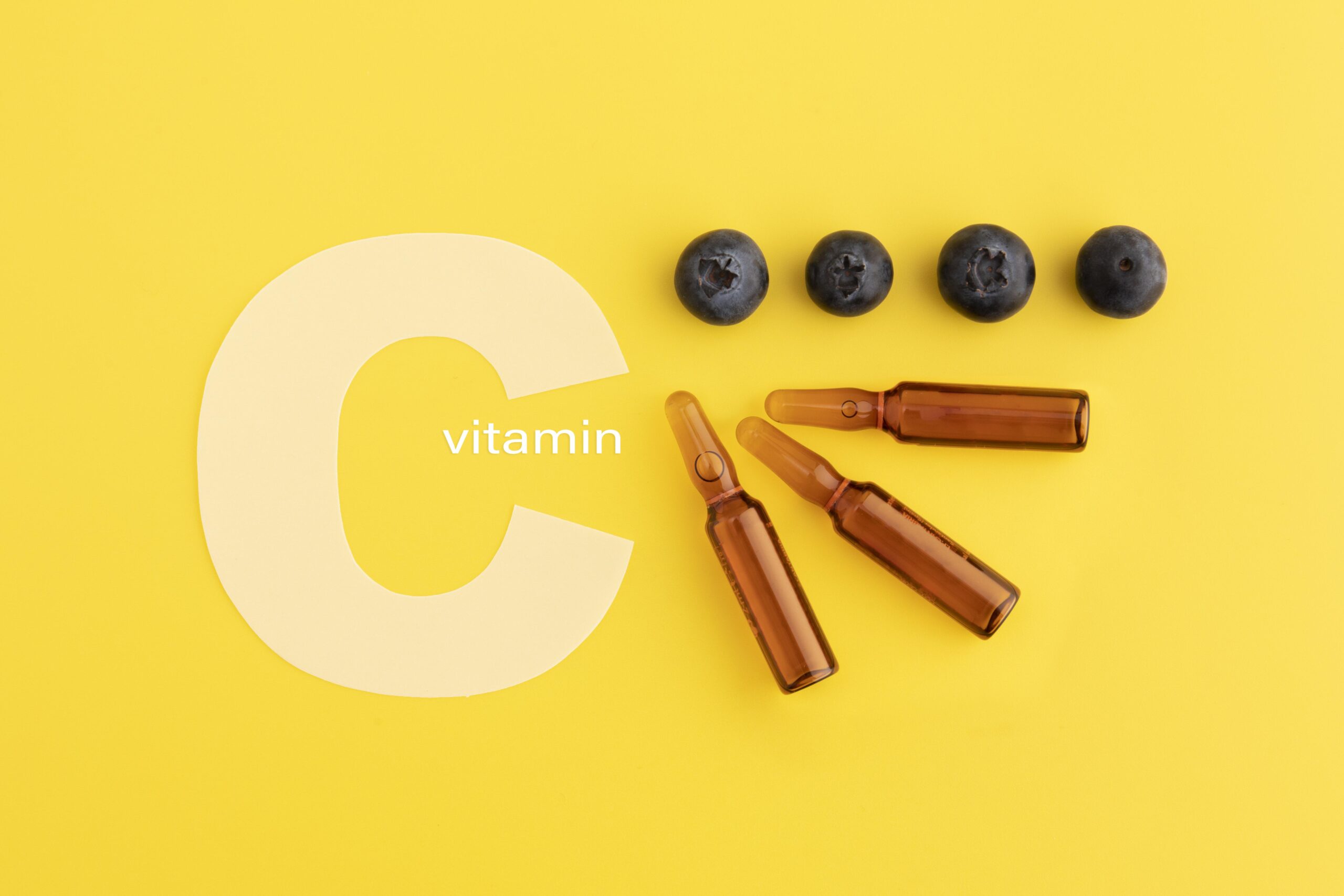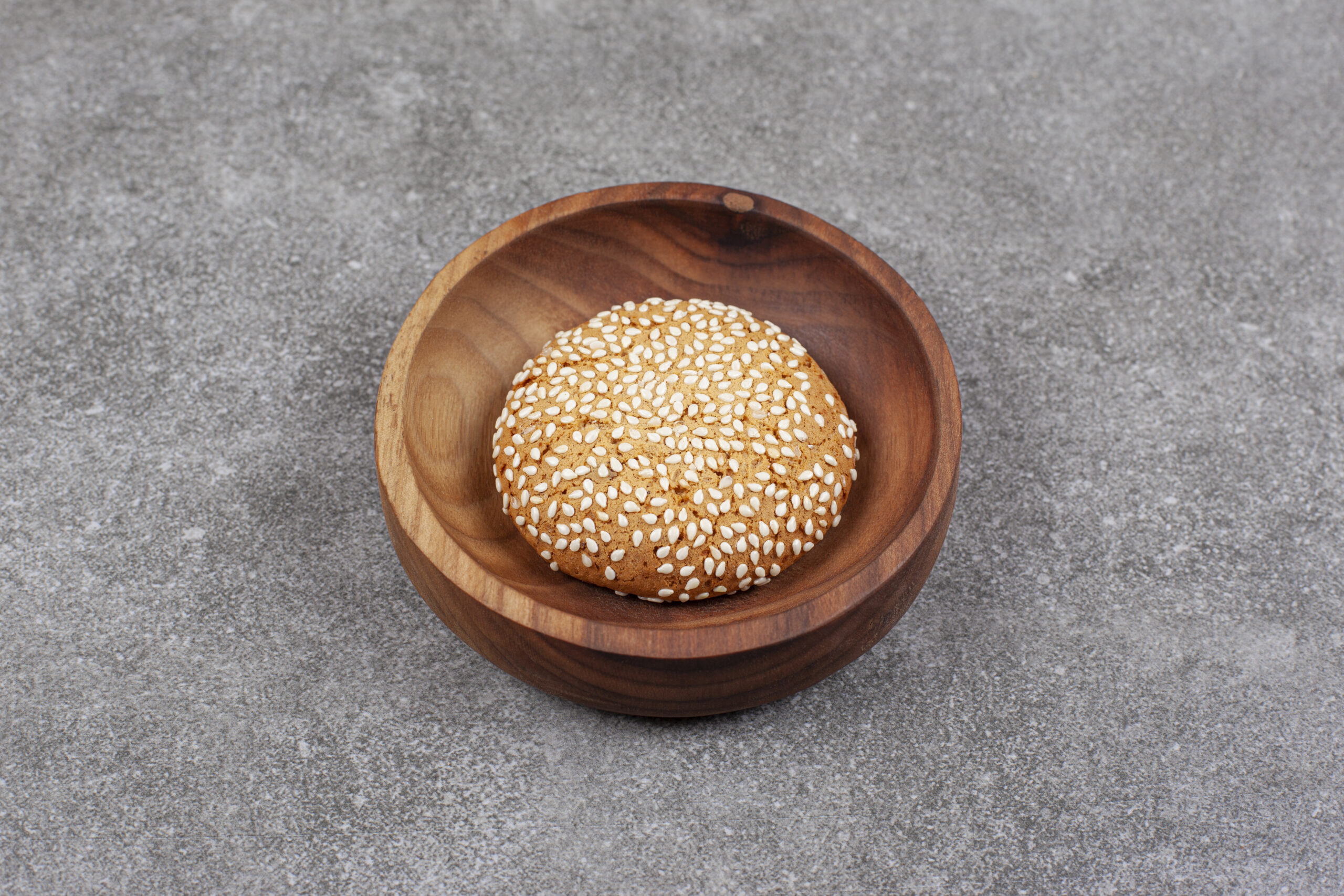Introduction
Glutamine Benefits is an essential amino acid that plays a crucial role in many bodily functions.
And understanding its benefits can significantly impact your health and wellness journey.
Whether you’re into fitness, managing a chronic illness, or simply looking to boost your overall health, glutamine might be just what you need.
What is Glutamine?
Definition and Chemical Structure in Glutamine Benefits
Glutamine is an amino acid, which means it’s one of the building blocks of proteins.
It exists in two forms: L-glutamine and D-glutamine.
L-glutamine is the form found in foods and supplements and is biologically active, while D-glutamine is not commonly used in the body.
Types of Glutamine
L-glutamine, the primary form we consume, is essential for various physiological processes.
It’s often the focus when discussing glutamine benefits, especially in supplements.
Natural Sources of Glutamine
Foods Rich in Glutamine
You can find glutamine in various foods. Rich sources include:
- Meat (beef, pork, and chicken)
- Seafood
- Dairy products (milk, cheese, and yogurt)
- Eggs
- Vegetables like spinach, cabbage, and parsley
- Legumes and beans
Supplements
For those who might not get enough glutamine through diet alone, supplements are available in powder and capsule forms.
These are especially popular among athletes and bodybuilders.
Glutamine in the Body
Role in Protein Synthesis
Glutamine is vital for protein synthesis, helping repair muscles and other tissues.
It’s particularly crucial after intense exercise when the body needs to recover and rebuild.
Energy Production
Apart from building proteins, glutamine serves as a source of energy for cells, especially in the intestines and immune system.
This helps maintain healthy cell function and overall energy levels.
Glutamine Benefits for Muscle Recovery
Post-Workout Recovery
After a strenuous workout, your muscles need to repair and grow.
Glutamine helps speed up this process by aiding in protein synthesis, which is essential for muscle recovery.
Muscle Soreness Reduction
Taking glutamine can reduce muscle soreness, allowing you to get back to your workout routine quicker.
This is particularly beneficial for those engaged in regular, intense physical activity.
Glutamine and Immune System Support
How It Boosts Immunity

Glutamine is crucial for the immune system.
It acts as a fuel source for white blood cells, which are essential for fighting off infections.
Studies have shown that glutamine supplementation can enhance immune function, especially in stressed individuals or those recovering from illness.
Examples and Studies
Research has indicated that glutamine can reduce infection rates and improve recovery times in patients undergoing surgery or intensive exercise.
These benefits make it a valuable addition to the diet for anyone looking to bolster their immune defenses.
Gut Health and Glutamine
Glutamine’s Role in Gut Lining Repair
The intestinal lining can often suffer damage due to various factors like stress, poor diet, and infections.
Glutamine helps repair and maintain the gut lining, promoting better digestive health.
Benefits for Digestion

By supporting the gut lining, glutamine aids in proper nutrient absorption and prevents issues like leaky gut syndrome.
Consequently, this can lead to better overall digestive health and fewer gastrointestinal problems.
Cognitive Function and Glutamine
Effects on Brain Health

Glutamine is also beneficial for brain health.
It acts as a precursor to neurotransmitters, which are chemicals that transmit signals in the brain.
This helps maintain cognitive functions and mental clarity.
Mental Clarity and Focus
Many people report improved focus and mental sharpness when taking glutamine supplements.
Especially during periods of high stress or intense mental activity, this can be particularly helpful.
Glutamine for Weight Loss
Metabolism Boost
Glutamine can help boost your metabolism.
By promoting muscle growth and aiding in protein synthesis, it helps the body burn more calories even at rest.
Appetite Control
Some studies suggest that glutamine may help control appetite by affecting the hormones that regulate hunger.
Therefore, this can be particularly useful for those looking to manage their weight.
Managing Stress with Glutamine
Stress Relief
Glutamine has been found to help manage stress by supporting the nervous system and reducing the harmful effects of stress hormones.
As a result, this can lead to a more balanced mood and better stress management.
Glutamine Benefits in Hormonal Balance
By influencing the balance of certain hormones, glutamine can help mitigate the effects of stress on the body.
This is particularly beneficial for those experiencing chronic stress or anxiety.
Glutamine and Chronic Illnesses
Support for Cancer Patients
Glutamine supplementation has shown promise in supporting cancer patients.
It helps maintain muscle mass and immune function, which are often compromised during cancer treatments.
Benefits for Diabetes Management
Glutamine may also play a role in managing diabetes by supporting healthy blood sugar levels and improving insulin sensitivity.
This makes it a valuable addition to the diet for those with diabetes or at risk of developing it.
How to Take Glutamine Supplements
Dosage Recommendations
The typical dosage of glutamine supplements ranges from 5 to 10 grams per day.
It’s best to start with a lower dose and gradually increase it as your body adjusts.
Timing and Absorption
For optimal absorption, it’s recommended to take glutamine supplements on an empty stomach, either in the morning or post-workout.
This helps ensure that your body can make the most of the supplement.
Potential Side Effects of Glutamine
Common Side Effects
Most people tolerate glutamine well, but some may experience mild side effects like stomach pain, nausea, or headaches.
These are usually temporary and subside as your body adjusts.
Who Should Avoid Glutamine
Individuals with liver or kidney disease, or those with certain psychiatric conditions, should consult their doctor before taking glutamine supplements.
It’s always best to get medical advice if you have any underlying health conditions.
FAQs about Glutamine
Q: Can glutamine help with muscle growth?
A: Yes, glutamine aids in protein synthesis, which is essential for muscle growth and recovery.
Q: Is glutamine safe to take daily?
A: For most people, daily supplementation of 5 to 10 grams is safe. However, always consult a healthcare provider.










